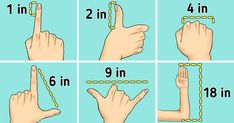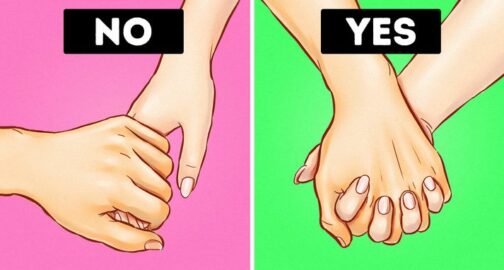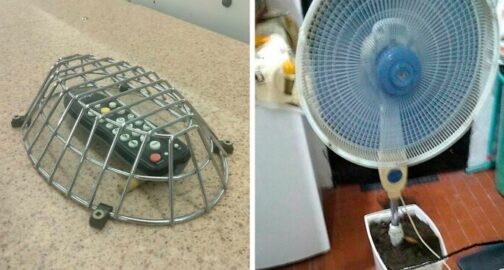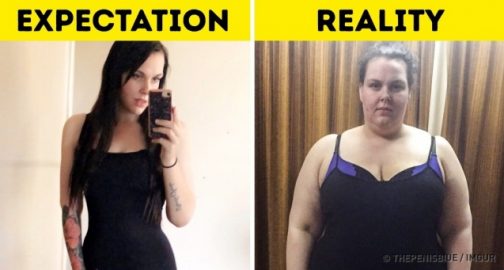
Gluten is a general name for the proteins found in wheat, rye, barley, and some other grains. During the last years it seems to have been made the main villain in the world of nutrition. Aisles of gluten-free choices have made their way into grocery stores and restaurants even have gluten-free menus. In the United States nearly one third of adults are trying to cut down on their gluten consumption.
We at Bright Side decided to research this topic and try to figure out what’s true and what’s not when it comes to gluten. The information we found is really unexpected and useful. Read all the way to the end so you don’t miss anything.
1. Giving up gluten will heal your gut.
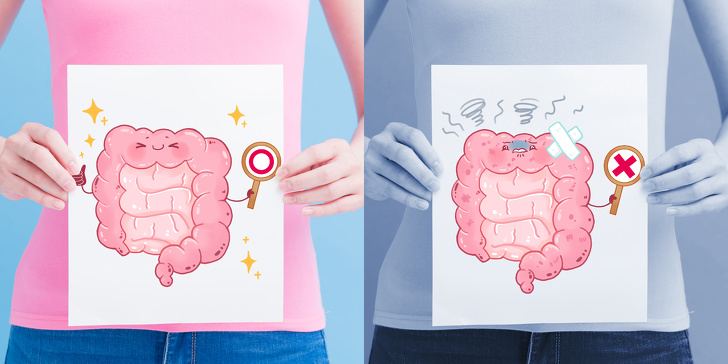
There is absolutely no reliable evidence or confirmation that our digestion or gut health will improve when we cut gluten from our diets. So if you don’t suffer from celiac disease, which is a severe gluten intolerance, or any other non-celiac gluten sensitivity, then there’s no need to eliminate gluten. And celiac disease is not very common. In different parts of the world approximately 0.5%-1% of people have it and it’s usually diagnosed at a very young age.
Besides, along with eliminating gluten you will very likely consume much less fiber and that can cause more problems with your digestion.
2. Going gluten-free will lead to weight loss.
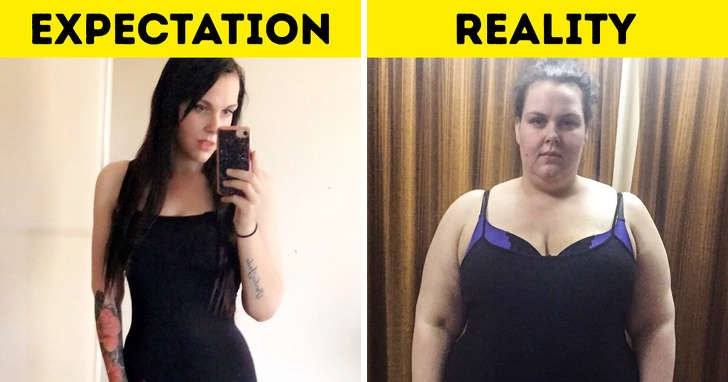
Gluten itself has nothing to do with your weight. Whether you lose weight or gain it depends on the quality and quantity of the food you eat, and your lifestyle. If you don’t control your portion sizes and the calories in your gluten-free products and you don’t consume enough fiber, you run the risk of gaining weight.
3. Gluten-free food is always better and healthier.
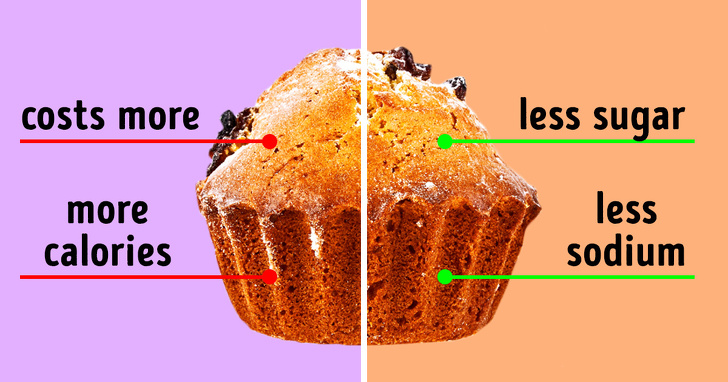
Gluten-free foods cost more than regular foods and aren’t any healthier. Some studies show that if you don’t have celiac disease, going gluten-free can be even less healthy than following a regular diet. Many gluten-free foods, like gluten-free pastries, breads, and chickpea pasta contain more sugar, salt, saturated fats, and calories than regular items. There is also a lower amount of fiber and protein in them. At the same time, foods with gluten have important nutrients for your health. Bread, for example, has folate, fiber, calcium, potassium, iron, and more.
4. You will have more energy after going gluten-free.

Some say that they experience increased energy levels after eliminating gluten. This may happen when the individual is consuming more fruits and vegetables, rather than high-calorie and high-fat processed foods. It’s only a healthy, well-balanced diet that gives you more energy, no matter whether you consume gluten or not. There are no studies confirming that eliminating gluten leads to increased energy levels.
5. Humans can’t properly metabolize gluten.
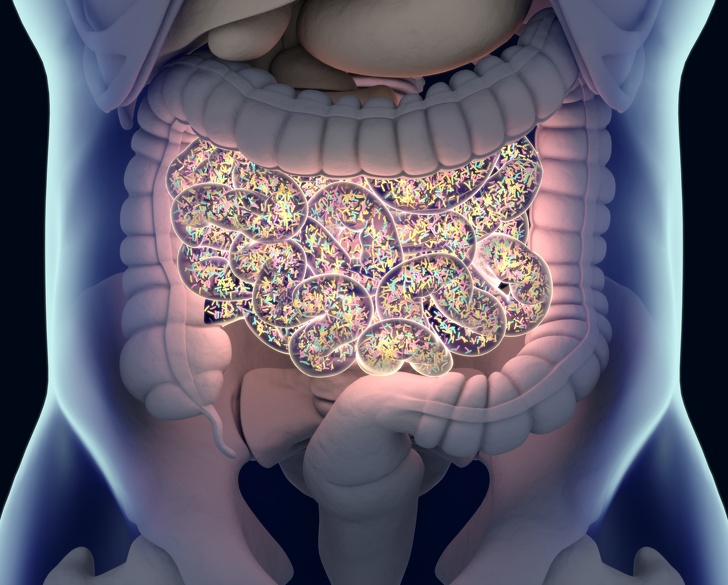
Gluten is a protein and all humans can digest it. We can’t break it down completely, but this is not improper digestion, that’s just the way we digest it. Lots of foods get only partially broken down. Gluten has been consumed by humans and other animals for millennia and is perfectly healthy for most of us. The argument that cavemen weren’t eating gluten is not very convincing. Cavemen weren’t eating many things we eat nowadays, and that doesn’t mean our bodies can’t handle them.
6. Cutting gluten from our diet is beneficial for everyone.
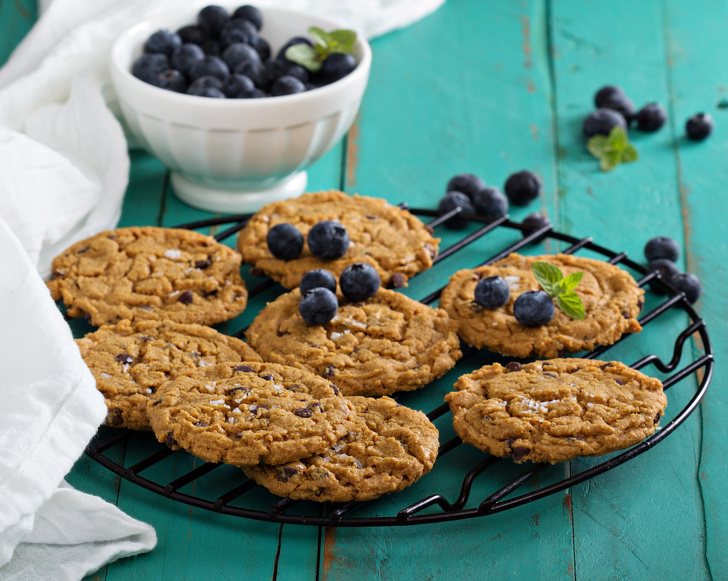
Your body should guide you. A gluten-free diet is not a naturally healthier diet for most of people. If you give up gluten-containing processed foods and replace them with gluten-free processed foods, it won’t make you feel better or healthier. But giving up many of the processed foods that contain gluten will help your health a lot. And of course, not because of the gluten in it, but because you’re giving up processed foods.
7. Gluten causes cancer.

There’s no evidence that gluten does this. Gluten has never been linked to cancer in any studies, while lots of other foods have. The only exception is for people with celiac disease. On the contrary, you should be very cautious when cutting out gluten because foods with gluten, like whole grains, contain vitamins and minerals that help protect you against cancer.
8. Gluten-free diets are low-carb.
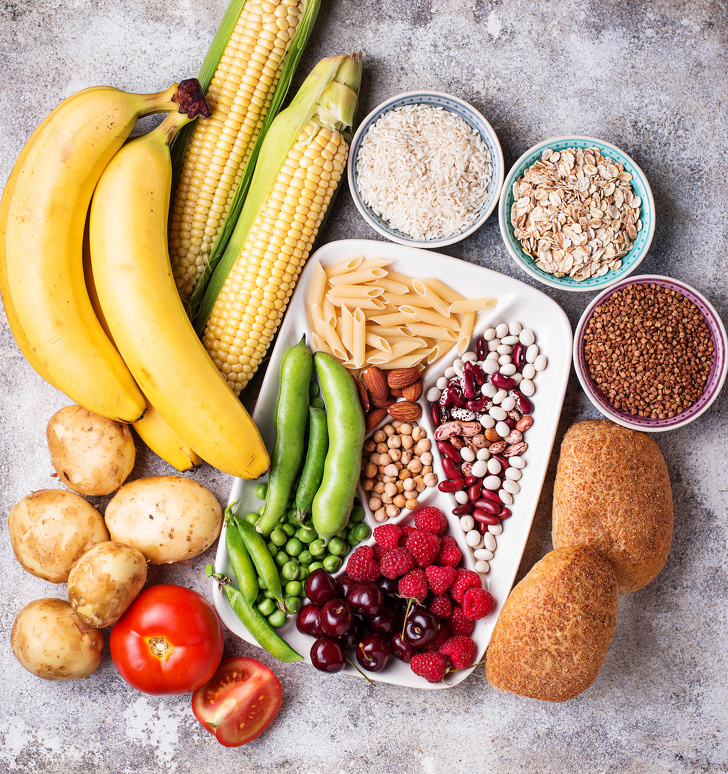
Absolutely not. A lot of foods high in carbs, like potatoes, rice, corn, pumpkin, bananas, beans, peas, lentils, and many others don’t have any gluten in them. So if you still eat them on your gluten-free diet, you still consume a lot of carbs.
And what’s your opinion about gluten? Are you for or against it? Tell us about it in the comments.
Preview photo credit thepenisbIue / imgur



